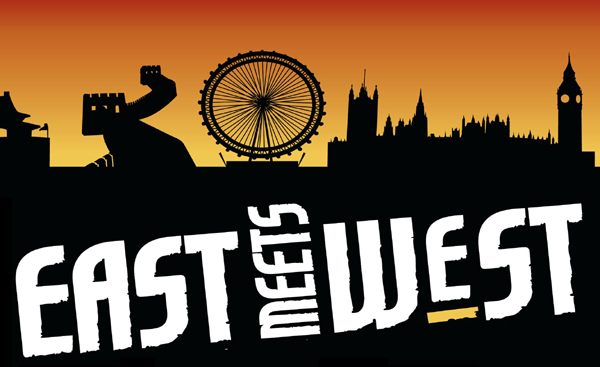Bulgarian Postcommunist Context of Ministry
Almost a decade ago, we presented a theological proposal for ministry in postcommunist countries, which has gained by far a prophetic value in our context of ministry. A strong point in the exposition was a response to the narrative, relational, spiritual paradigm often discussed in Pentecostal theology, to which our research proposed a more Eastern and more experiential model which includes prayer, persecution and power.
The thesis used this triangular formula to show that the Wesleyan quadrilateral is too logical to apply to the Pentecostal mindset and especially the Eastern Pentecostal one. Thus, it is more enforced on than emerging from the Pentecostal theology and is but a step toward understanding the Pentecostal experience.
At the same time, postmoderns relate to the spiritual mystical experiential nature of early (the research called it “primitive”) Pentecostalism, but are indifferent to a more denominational structure that marginalize the spontaneity and almost irrational unexpectancy of the Pentecostal ordus liturgia.
Applying each of the above models creates a number of dilemmas in the Bulgarian context of ministry. One of the main problems is that the Bulgarian church needs much growth before even recognizing some of the above trends. Additionally, Bulgarian clergymen have little training in distinguishing current social changes, which affect their congregations daily. Actually, in most cases there is strong negation against the relevancy of social reality on church life; almost like during the time of the Regime, when congregations were practically closed, underground communities, defined not only by the persecution against them, but by their own identity as well.
At the same time, the respective western partners of the Bulgarian evangelicals fail to properly apply their knowledge on the subject in the Bulgarian context of ministry. This inability closes like a magic circle the relationships between the said social agents and creates church crises of unprecedented magnitude, which often result in a death spiral within the community of believers. Thus, the Bulgarian church, ministering in a post communist context, continuously struggles to find its identity through which it can minister effectively in and to a postmodern world.
In the struggle where postcommunism meets postmodernity in a battle for survival and even world dominion in which, Eastern European churches become unfortunate victims on an altar where the secular antitheism and the nominal orthodoxy cross their sacrificial axes. And this cycle can be broken only when Eastern European evangelicals refuse the identities forced on them by postmodern and postcommunist (both postChristian at best) social structures, and discover their own roots in the Pentecostal identity of the Bible, the spirituality of which alone has the power to transform both postmodernity and postcommunism. And there lays the key for effective ministry among Eastern European in the 21stcentury.









Comments